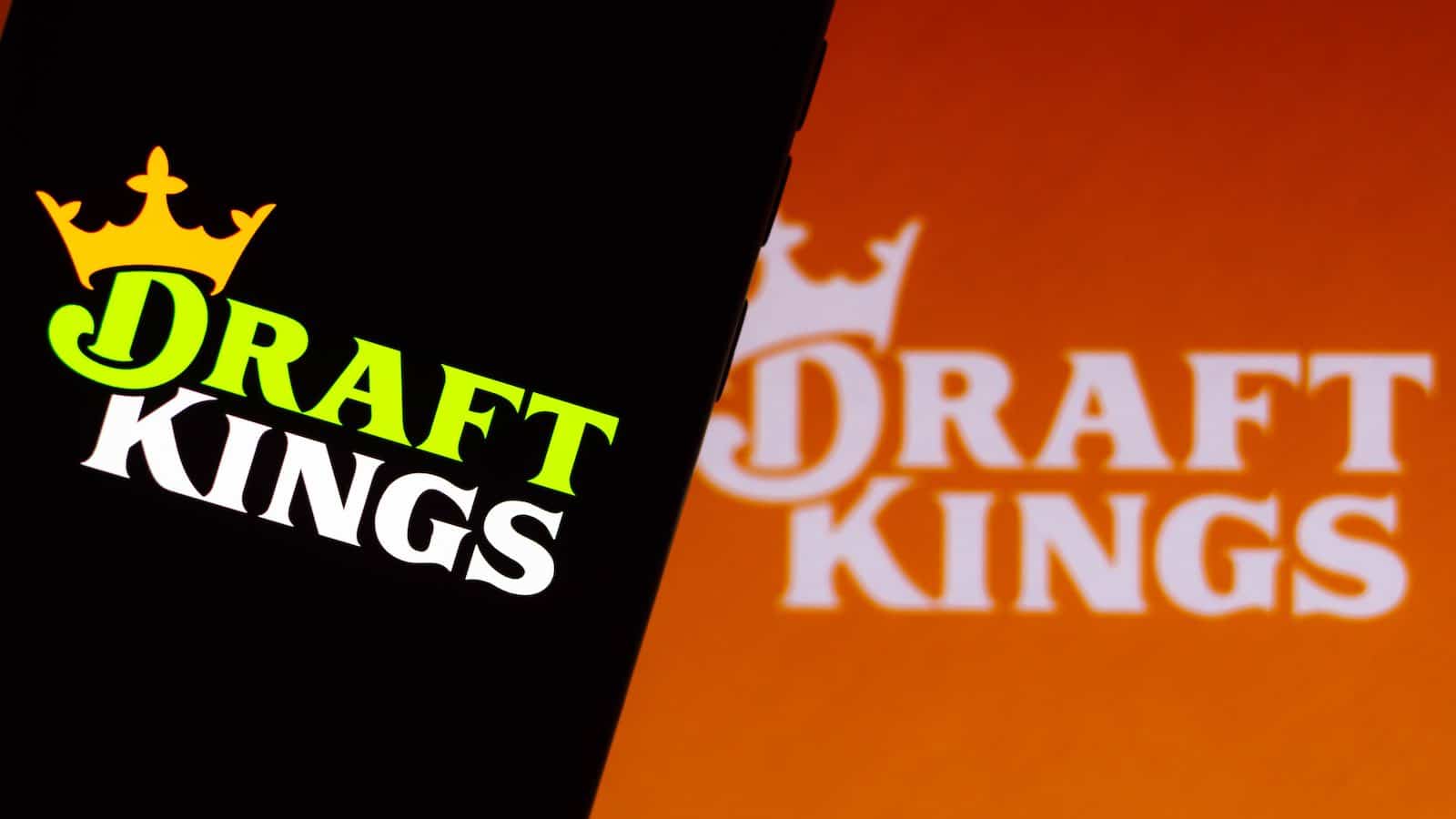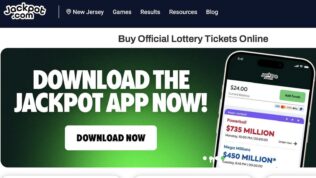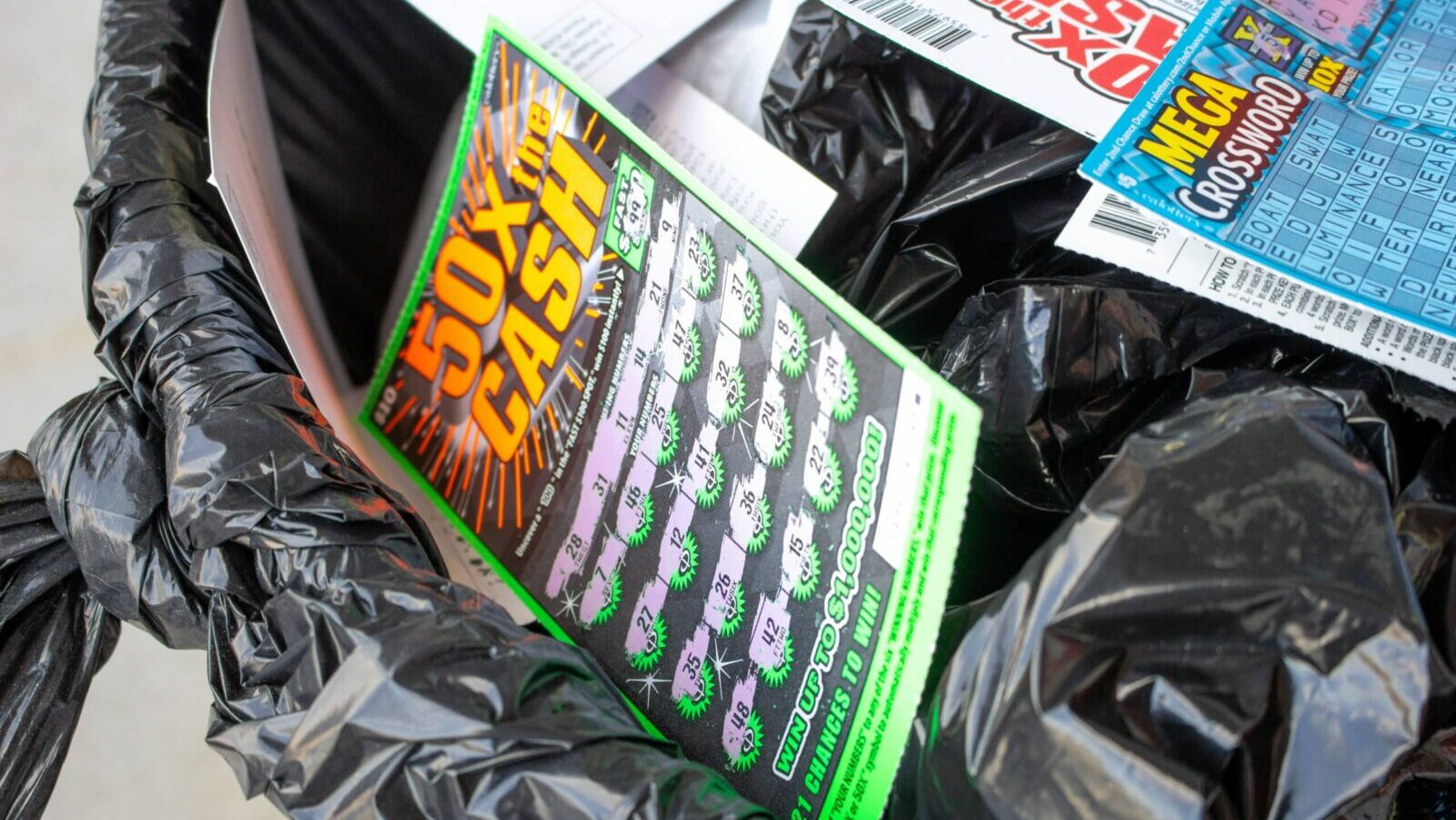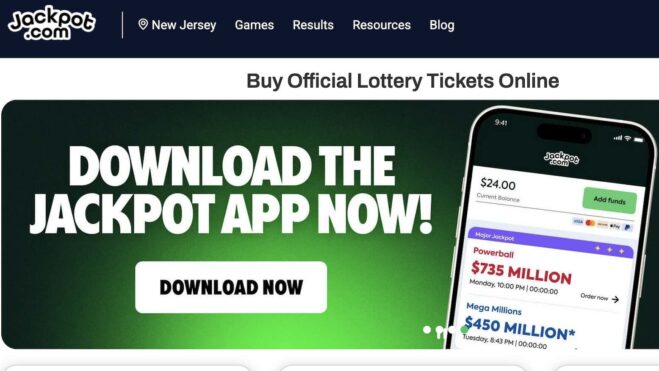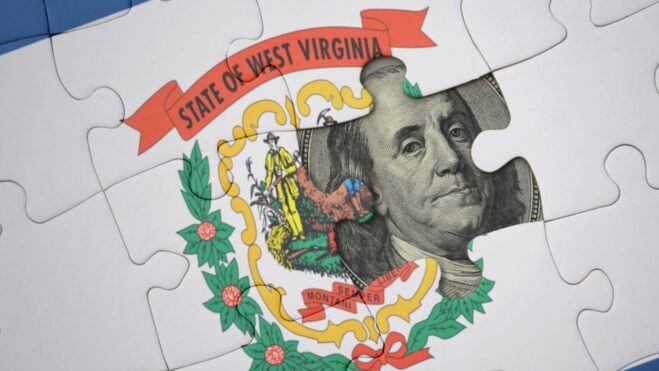Boston-based DraftKings Inc. has reigned in the U.S. since 2018 as a market leader in legal online sports betting and iGaming, but up until very recently its fiefdom did not address one of the biggest pools of gambling in the country – the lottery.
That changed on Feb. 15 with DraftKings’ announcement of its impending $750 million acquisition of Jackpocket, Inc., a company that’s grown assiduously since 2013 into the leading third-party lottery courier technology innovator.
The acquisition presents some interesting questions for DraftKings, Jackpocket, competitors of both, and soon administrators and regulators in the 18-and-counting jurisdictions where Jackpocket currently operates in cooperation with state-run lottery agencies.
On the heels of some quality analysis by our peers in the space, Lottery Geeks sought to examine some of the dynamics on the horizon in the run-up to the transaction’s closing, expected to occur before the second half of 2024. Put simply, the size of the lottery opportunity is enormous. While online sports betting is a male-dominated enterprise that’s already made noise in more than half of the U.S., and made itself a punch line for Saturday Night Live in the process, the digitization of the lottery is still at dawn.
“Americans buy over $100 billion worth of lottery tickets every year,” Lloyd Danzig, managing partner at venture capital firm Sharp Alpha Advisors, told Lottery Geeks. “Up until very recently, this was accomplished through the incredibly archaic process of driving to a store, paying cash, and receiving a paper ticket that may later be redeemable in person for millions of dollars. There are very few, if any, remaining purchasing behaviors that generate this magnitude of analog transaction volume.”
New vertical, new competition
And thus, iLottery was an opportunity that attracted the investment of Danzig’s firm, as well as that of Dave VanEgmond’s Bettor Capital. Both Bettor Capital and Sharp Alpha are investors in Jackpot.com, which is a third-party lottery ticket courier like Jackpocket.
“As a firm, we invest in all things real money gaming that are making this digital transition,” said VanEgmond, who was previously an early executive at FanDuel. “We quote it as having their ‘Amazon moment’ and going online, and the lottery is actually the biggest of all those real-money gaming verticals, whether it be sports betting, iGaming, poker, horse racing, daily fantasy … the lottery is the biggest on a retail basis. So we wanted to play the tailwinds on the digitalization of the lottery and felt Jackpot fit our stage and profile of a company to get involved and go after that opportunity.”
Tired of having to leave the warmth of home to buy your lottery tickets?
Fret not Massachusetts, https://t.co/o0lzln0MSb is here to make buying lottery tickets from your couch a breeze! pic.twitter.com/257NLPlDBA— Jackpot.com (@jackpot_com) January 10, 2024
Founded in 2016, Jackpot fits the profile of a “fast follower” of Jackpocket, similar to DraftKings itself back in the early days of the daily fantasy sports boom.
As noted in the press release announcing the acquisition, Jackpocket has generated nine times the downloads as its next nearest competitor. And now it has the cash flow of DraftKings at its back.
“I view [DraftKings’ entry into the lottery market] as a net positive,” said VanEgmond. “It certainly validates the investment that’s going on in the digitalization of the lottery. I think it’ll be net positive to further expansion, whether that’s through legislation or more lottery directors approving and permitting the courier model.
“I think it’ll open up the TAM faster by having DraftKings and their lobbying resources really pushing the industry,” VanEgmond continued. “So from that perspective, I view it as a net positive, and that’s for the company … and with my investor hat on, I always view it positively when a big, established company pays a nice premium to acquire a business at a healthy multiple. I think that’s a good sign for Jackpot’s potential exit opportunities in the future.”
DraftKings declined to comment for this article.
Some observers have speculated about DraftKings’ primary motivation for acquisition: Is it to further expand its database of persons engaging with gambling products digitally? Perhaps in states where online sports betting or iGaming is not yet live?
“Internationally, we have seen M&A activity suggestive of a broader convergence between lottery and online casino,” said Danzig. “For example, Aristocrat’s $1.2 billion acquisition of NeoGames and FDJ’s $2.8 billion proposed acquisition of Kindred.”
While the convergence is a trend, VanEgmond underscored that from his perspective, the acquisition is “all about” the cross sell and being able to offer another vertical.
“I think one of the things that was underappreciated when sports betting went live is that FanDuel was really the only major operator that had horse racing betting, which is a separate and distinct product,” VanEgmond said. “They had that through the TVG app in 2018. And then you saw DraftKings, Caesars, and MGM either integrate or launch a separate horse race wagering app.
“And so I think this is all about having as big of a portfolio of gambling offerings digitally, as the same person who’s doing a slot or making a sports bet might also buy lottery tickets, and you want to be able to offer that and capture an increased share of wallet of someone’s gambling activity. Certainly it doesn’t hurt that Jackpot had a database, and it was a decent revenue scale business. But I think it’s really about getting to market faster and being the first company to also be in the lottery space and add a new vertical.”
Not your daddy’s lottery
In the meantime, the lottery itself is growing from a product perspective, and not just in digital distribution of tickets in drawing games. For instance, in some states, people can purchase digital scratch-off tickets.
“In addition to new states adding additional products outside of draw games, digital scratch-off tickets and instant games is what is going to materially increase the iLottery long-term,” said VanEgmond, who noted that the instant games are a big part of the driver to get to the projections that the DraftKings teams were showing with Jackpocket.
“The $750 million acquisition of Jackpocket by DraftKings confirms what many industry insiders and investors have been positing since the overturning of PASPA in 2018,” said Danzig. “The fact that the TAM for companies like DraftKings and FanDuel is much larger than the aggregate revenues across sports betting and iGaming; rather, it is evolving to include many other psychologically similar experiences and complementary user journeys that might be woven into a one-stop-shop for sports, gaming, and entertainment.”
What might this look like in practice? Well, go from a quick session of live dealer blackjack, to player prop bets on the NBA playoffs, and if there’s a $2 balance remaining, now instead of a moonshot same-game parlay, you can take an even bigger swing at Powerball.

